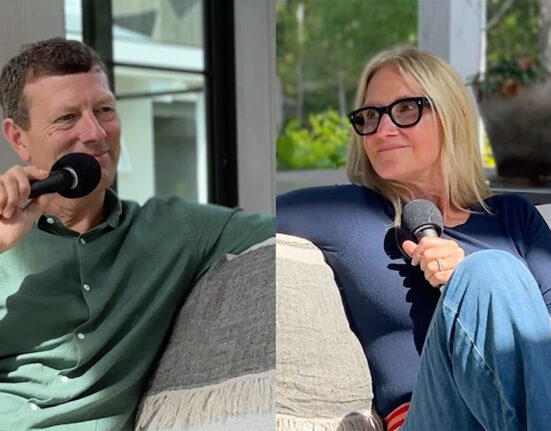Last Updated on July 28, 2022 by Rachel Hall
All happy couples are alike; each unhappy couple is unhappy in its own way. We all know couples who fight all the time, constantly cheat, blame and resent each other, believe in the ‘sunk cost’ fallacy, stay together for the convenience or because of their children or are simply too ground down to bother separating, even though that would lift the albatrosses from their necks.
There are a few telltale signs: talking about their relationship constantly or not at all, never bothering to make any plans with their significant other because they know there won’t be any joy, lapsing into immature behaviour or constantly criticising their partner. Criticism in a relationship can end it or sap any happiness out of the experience – so why do we do it?
Constructive Criticism
Criticism isn’t automatically a bad thing. The thing is, it’s got to be constructive. For example, if your partner has an annoying habit – they’re always late, they’re messy, they ignore you – it’s useful to talk about this. Explain what the problem is and the effect that this has on you. How they react is telling.
Some people cannot handle criticism in marriage, in their work life or from their friends and they may get defensive or even try to reverse things and criticise you instead. This is annoying. Of course, nobody wants to have their flaws pointed out, but it can be helpful! Your partner is trying to improve you and enhance your relationship. So take on board what they say, and consider that you may both need to make some changes.
Responding To Criticism
If you speak to your partner about something that annoys you, and they respond with a laundry list of their own problems, acknowledge what they’re saying. Nobody is perfect, and there are almost certainly irritating habits that you would do well to eradicate. However, focus on one thing at a time and try to keep things calm and rational.
If you’re upset that your partner spends too much time at the gym/out with their friends, and they respond by mentioning your shopping habit/collection of dirty socks on the floor, make a note of what they’re saying and discuss one thing at a time. If you can end the conversation with a clear plan of action for both of you, and then you actually set about changing things, your relationship will inevitably improve. Not only will you alter the undesirable behaviour, but you demonstrate to your partner that you care for them and value their opinion.
When To Seek External Help
Nevertheless, criticism can be something that kills relationships. Constant criticism isn’t love and it won’t make anyone happy. Try not to bottle up your concerns or regularly rehash old arguments, and don’t be petty. You’re an adult, in an adult relationship: act like it. The effects of constant criticism can include the erosion of self-esteem and simmering resentments.
If you find yourself feeling this way, the best thing to do is seek couples therapy or counselling. Psychologists may explain behaviour and help you to understand why each partner acts the way they do, and help align values and sort out miscommunication so that criticism isn’t hurtful, it’s simply an understanding of an issue and a desire to rectify things to help things go more smoothly.
It might transpire that either avoiding confrontation or the reverse, being overly confrontational, has roots in your/your partner’s own personality, history or trauma and further individual therapy might be helpful. Unhappy relationships make people unhappy, but the relationship might not be the only problem.
Conclusion
All couples disagree sometimes. Occasionally it’s trite bickering that is forgotten the next day (or the next meal, if you get hangry) but if you notice criticism or fights constantly brewing, then you need to act. Evaluate if you really want to be in a relationship that has these issues and if you want to work through the problems with your partner, or if it’s best to walk away and meet someone who doesn’t mind if you leave socks on the floor. Either way, a relationship based on constant criticism and building tensions isn’t desirable or sustainable.

Rachel Hall, M.A., completed her education in English at the University of Pennsylvania and received her master’s degree in family therapy from Northern Washington University. She has been actively involved in the treatment of anxiety disorders, depression, OCD, and coping with life changes and traumatic events for both families and individual clients for over a decade. Her areas of expertise include narrative therapy, cognitive behavioral therapy, and therapy for traumatic cases. In addition, Rachel conducts workshops focusing on the psychology of positive thinking and coping skills for both parents and teens. She has also authored numerous articles on the topics of mental health, stress, family dynamics and parenting.








Leave feedback about this